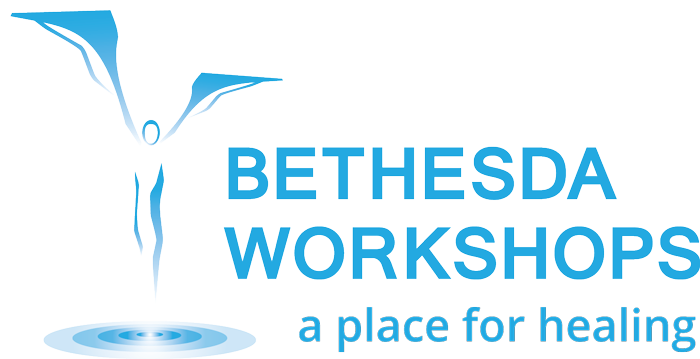The scene looked like something out of a movie: two huge firetrucks and a dozen firefighters milling around. It took me a minute to realize I didn’t see smoke streaming into the sky and there weren’t any huge firehoses snaking into the building. Regardless, the atmosphere felt clearly serious.
About 20 minutes earlier I had answered the phone to hear Nicole, our operations director, exclaim, “The church building has had a fire! It’s in our wing!” We met at the Bethesda Workshops entrance, and a quick tour revealed that while the destruction could definitely have been significantly worse, the damage was still enormous. The fire itself was contained in a small area in a large classroom, but the smoke oozed into the broad hallway and wafted into adjacent rooms. Worse, water from the sprinklers saturated the carpet, then leaked through the floors and down the walls into a huge classroom on the ground floor and continued into several offices on the lower level. The water soaked into the drywall in all those rooms and bled into the insulation.
Bottom line, two candles left burning in a bookcase (presumably by unattended kids sometime after the main services concluded Sunday morning) flamed into a squishy, smelly mess of copious destruction. The ratio of actual fire damage (approximately a two-by-four-feet area) to the harm done to three floors of a large building was astonishingly disproportionate.
The comparisons to addiction are many. Something may start out small – maybe doesn’t seem like a big deal to the person involved – but if left undisciplined or unsupervised, it morphs into something completely unmanageable. Addiction burns through any attempted containers and spreads destruction far and wide.
The addict personally is smoldering with shame, which only serves to fan the flames. And the attempted ways to control the fire just add to the initial problem. Lying, blaming, denying, compensating, covering up – all fail to stop the fire’s spread and cause more collateral damage.
The fire and water pour across the life and heart of the addict’s partner until she is choked by the smoke of the addict’s gaslighting (attempts to distort the partner’s reality) or flooded with the pain of the addict’s betrayal. Female and male partners alike are scalded in the charred ruins of their relationships.
Children soak up the damage swirling around them. They take it into their minds as “normal” or they absorb the scorching belief that the destruction is somehow their fault. While the addict and partner are desperately engulfed in the flames of their lives, the kids are left unsupervised to fend for themselves.
Like the recovery from the fire in the church building that houses Bethesda Workshops, recovery from addiction requires a multi-faceted approach. You start with putting out the flames, which means achieving sobriety from acting out. Then you pull up the carpet and cut into the walls to address the destruction that is both a cause and an effect. You cart out the rubbish and put aside all the smoky, moldy furniture and other trappings that were part of the playground of flames. You scrub the walls and bare floors in a searching and fearless moral inventory. With careful consideration you select the items that will inhabit the renovated space – things like willingness, surrender, humility, a teachable spirit, perseverance, courage, compassion and faith. Renovation and restoration are costly undertakings.
The fire marshal declared the blaze at church an accident, and no one thinks otherwise. Yet, in an “accidental” foolish moment, someone lit two candles and left them unattended, with the result of enormous destruction and inconvenience for hundreds of people. It doesn’t take malicious intent to cause colossal harm.
We addicts like to think our behavior is a private matter that only affects us. “It’s not about you!” we exclaim to our partners or families. In one sense, that statement is correct. But in the bigger picture, when the fire alarm goes off and the sprinklers engage and the water pours through the house and engulfs everything in its wake, the devastation moves far beyond the starting point.
What cleanup should you be working on today?
Marnie C. Ferree
